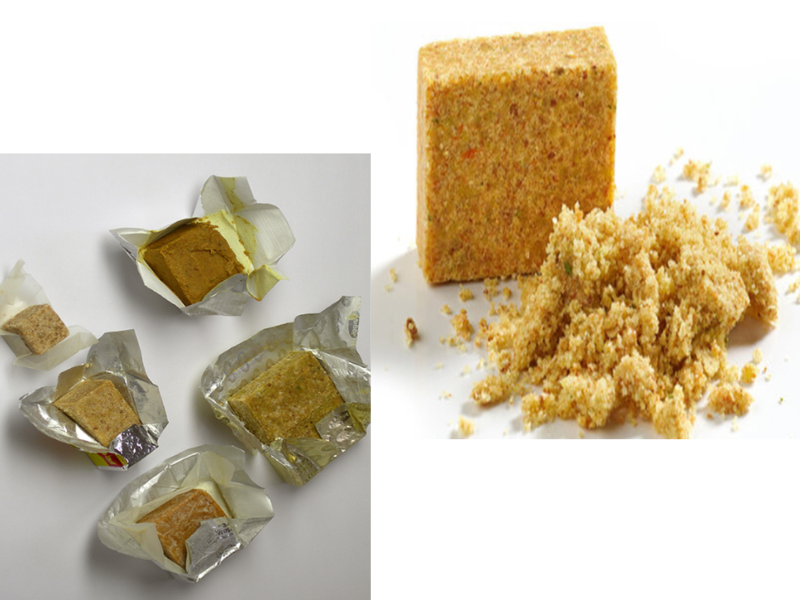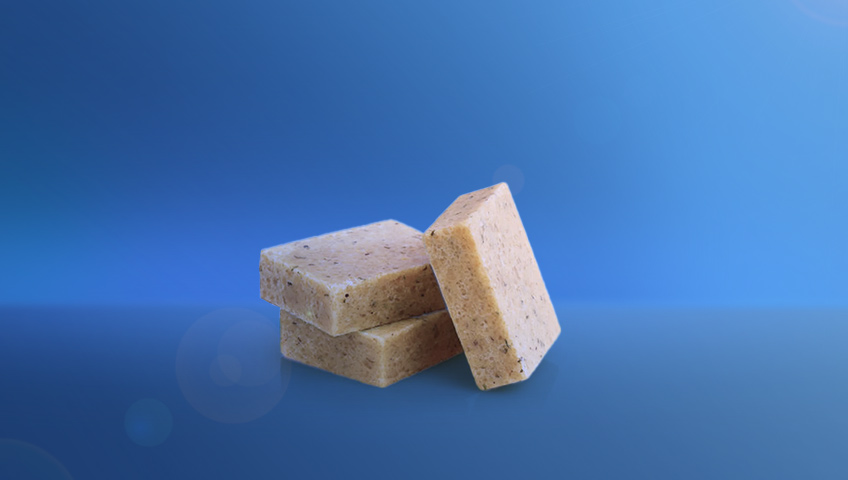2025.11.25
Industrial meat extracts are used in cooking to enhance the flavor, aroma, and appearance of food. There is a common perception that these products not only add a pleasant taste but are also made from meat and possess nutritional value. However, considering the ingredients used in the production of these extracts, it may turn out that, contrary to public belief, they not only lack significant nutritional value but may also contain components that are harmful to human health. Therefore, it is important to closely examine the composition of these extracts.
Ingredients of Industrial Meat Extract
Industrial meat extracts, which are available in cube or powder form in the market, are often not made from real meat. Instead, they typically contain ingredients such as starch, salt, white sugar, permitted food flavorings (such as meat flavor), vegetable oils, flour, and other additives.

Common Health Concerns Associated with Industrial Meat Extract Ingredients
- Salt (Sodium Chloride)
One major concern with consuming industrial meat extracts is their high salt (sodium chloride) content. According to the Iranian national standard, the salt content in these extracts can reach up to 45% by weight. Considering that a typical meat extract cube weighs about 10 grams, each unit may contain up to approximately 4.5 grams of salt, which is a substantial amount.
The World Health Organization (WHO) recommends that adults consume less than 5 grams of salt per day. Given that these extracts are not the only source of daily salt intake since other foods also contain salt. there is a risk that total daily salt consumption may exceed the recommended limit. This poses a particular risk for individuals with high blood pressure, heart disease, kidney problems, or diabetes, and also regular consumption can increase the risk of developing such conditions.
- Vegetable Oils
Another concerning ingredient in some meat extracts is hydrogenated vegetable oils. These oils are created through a process called hydrogenation (which turns liquid oil into solid fat) to increase shelf life and stability. However, this process can result in the formation of trans fats.
Trans fats derived from hydrogenated oils are considered among the most harmful types of fats. According to the WHO, trans fat consumption is directly associated with an increased risk of cardiovascular disease, elevated levels of bad cholesterol (LDL), and decreased levels of good cholesterol (HDL).
The WHO recommends that less than 1% of total daily energy intake should come from trans fats, which is about 2 grams per day for an adult with a 2000 calorie diet. Nevertheless, many meat extracts contain hydrogenated vegetable oils, and if consumed regularly, can be a significant source of trans fats, especially when the label does not clearly indicate the trans fat content.
- Meat Flavoring
Flavorings in meat extracts may contain monosodium glutamate (MSG), a compound commonly used to create a meat-like taste. Although the U.S. Food and Drug Administration (FDA) has classified MSG as safe for general consumption, some individuals may be sensitive to it. This sensitivity can lead to symptoms such as headaches, nausea, palpitations, and others.
Homemade Alternatives to Industrial Meat Extract
Instead of using industrial meat extracts, one can prepare meat extract at home. Unlike the industrial types, homemade meat extract contains no additives and is highly nutritious, making it a valuable addition to a healthy diet.
To make homemade meat extract, you can use pieces of meat, bones (marrow bones), or a combination of both. These ingredients are simmered gently in water for several hours so that beneficial compounds such as proteins, minerals (like calcium, magnesium, and phosphorus), and the natural flavor of meat are released. Additionally, using aromatic vegetables (such as onion, garlic, celery, and carrot) along with the meat or bones during cooking can significantly enhance the flavor of the extract.
The resulting liquid can be strained and stored in small ice cube trays or small containers, then frozen. It can be added to foods whenever needed.
Final Word
At first glance, industrial meat extracts may seem like an appealing option due to their ease of use and flavor enhancement. However, a closer look at their ingredients reveals that they are more of a flavoring agent than a nutritious meat-based product. These extracts offer little nutritional value and, when consumed excessively or regularly, may pose health risks. For this reason, it is recommended to use natural, homemade meat extract and to manage the consumption of industrial products if used.


